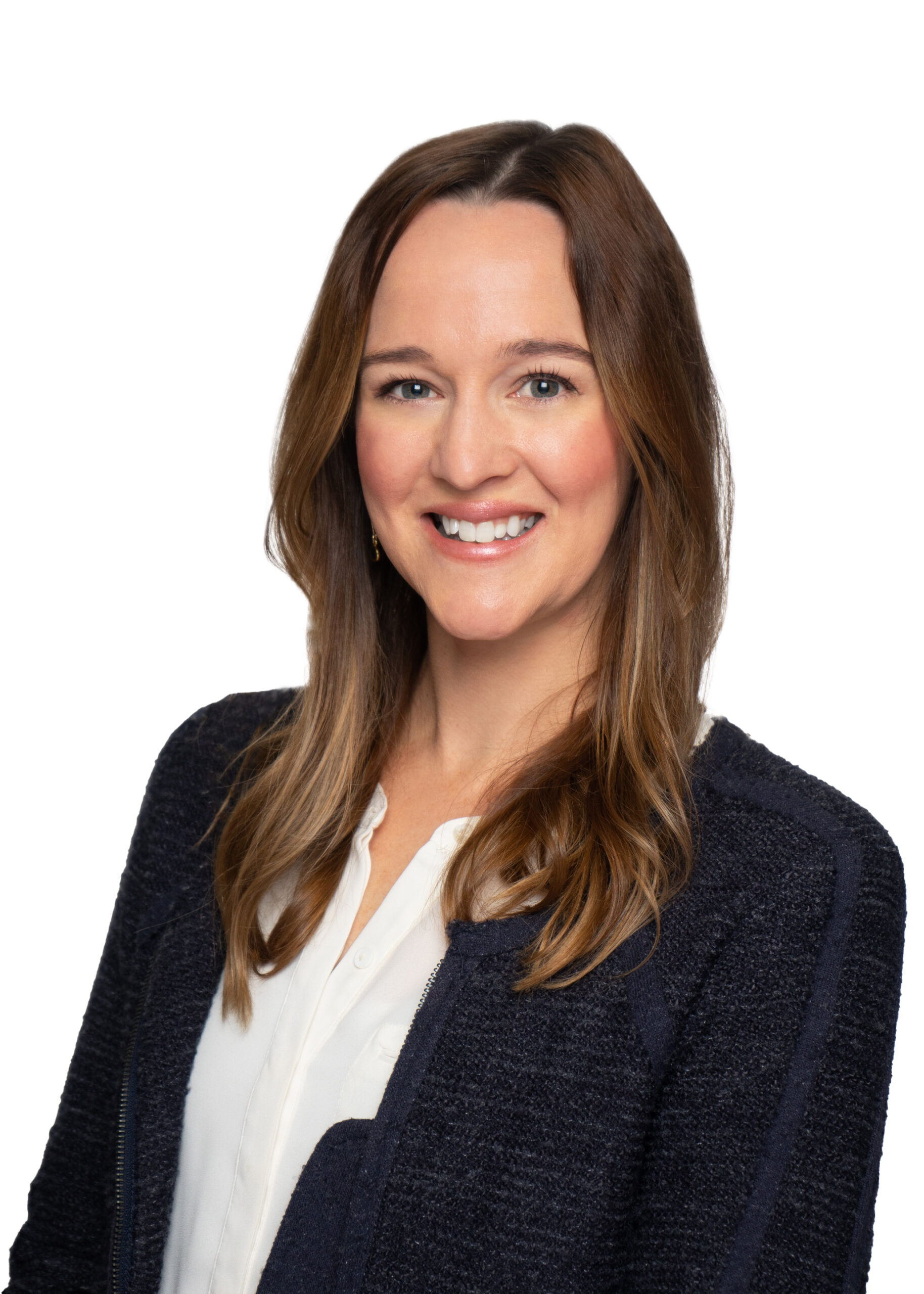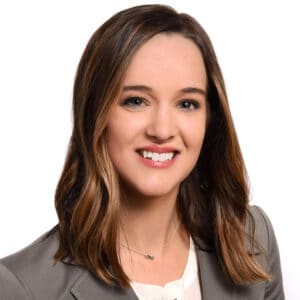
Alert: Georgia Pass-Through Entities Now Allowed to Deduct State Income Tax at the Entity Level
On May 4, 2021, Governor Brian Kemp signed into law H.B. 149, which would allow pass-through entities in Georgia to pay state income taxes at the entity level and claim a full deduction (without regard to the $10,000 limit) on their federal tax return.
State and Local Tax Deductions
In 2017, Congress enacted the Tax Cuts and Jobs Act, limiting individual taxpayers to a maximum of $10,000 of state and local taxes as an itemized deduction (including state income and real property taxes) on their federal returns. For many small business owners whose businesses are structured as pass-through entities, their state and local taxes exceed this $10,000 limit.
Pass-Through Entity Taxes
With the passage of H.B. 149, pass-through entities may elect to pay Georgia state income tax at the entity level at a rate of 5.75%. Eligible pass-through entities include S Corporations and most partnerships, including LLCs taxed as partnerships. This election will be available to pass-through entities beginning with the 2022 tax year and applies only to income apportioned to Georgia. For many taxpayers, this will reduce the taxable income passed through to owners and, therefore, their federal income tax liability. The election is not permanent, and entities may choose whether they would like to pay tax at the entity level each year. Once entities make the election, they cannot change it for that tax year.
Taxpayers who choose to make this election and pay Georgia income taxes at the entity level will not include their share of Georgia apportioned income from the pass-through entity on their personal state income tax return. The individual taxpayer’s personal Georgia income tax return will start with their federal adjusted gross income and deduct their respective share of the income apportioned to Georgia and taxed at the entity level.
Many other states have adopted similar regulations. If you are a business owner who operates across multiple states it is recommended that you consult a tax professional about how these new regulations could benefit you.
If you have questions about how the pass-through entity tax option will impact you, the Moore Colson Tax Practice is here to help. Contact us for more information.


